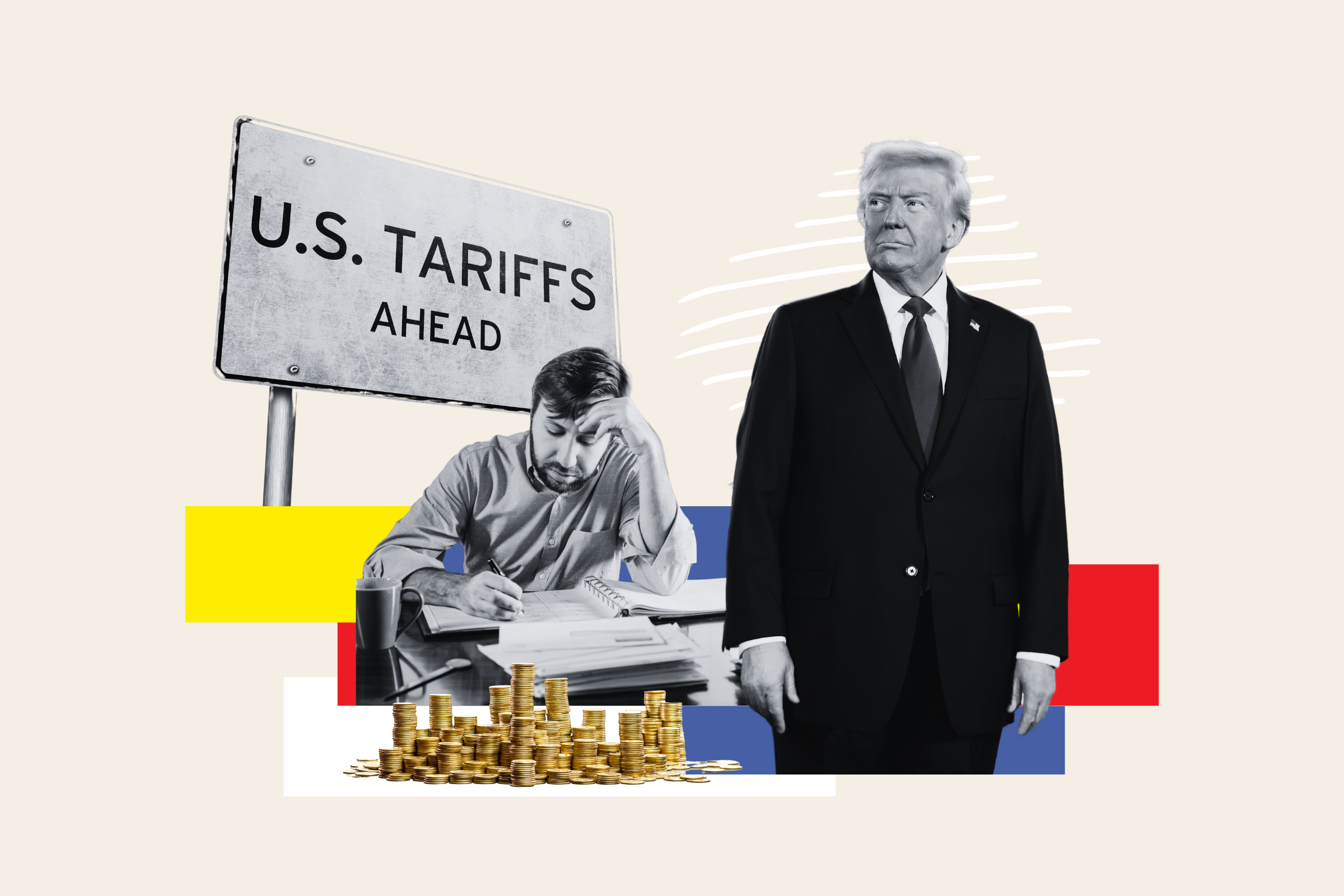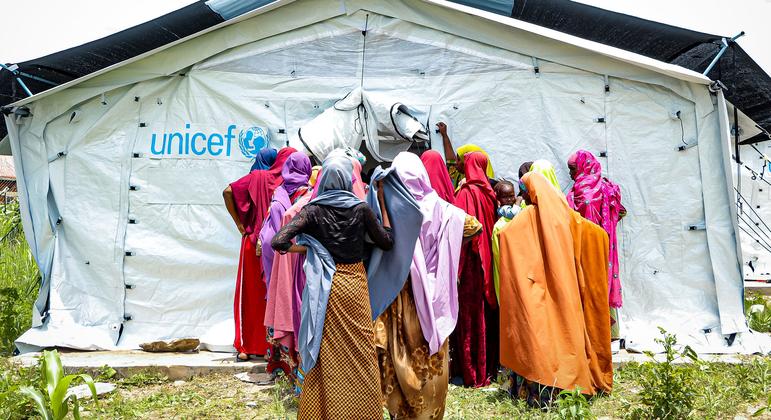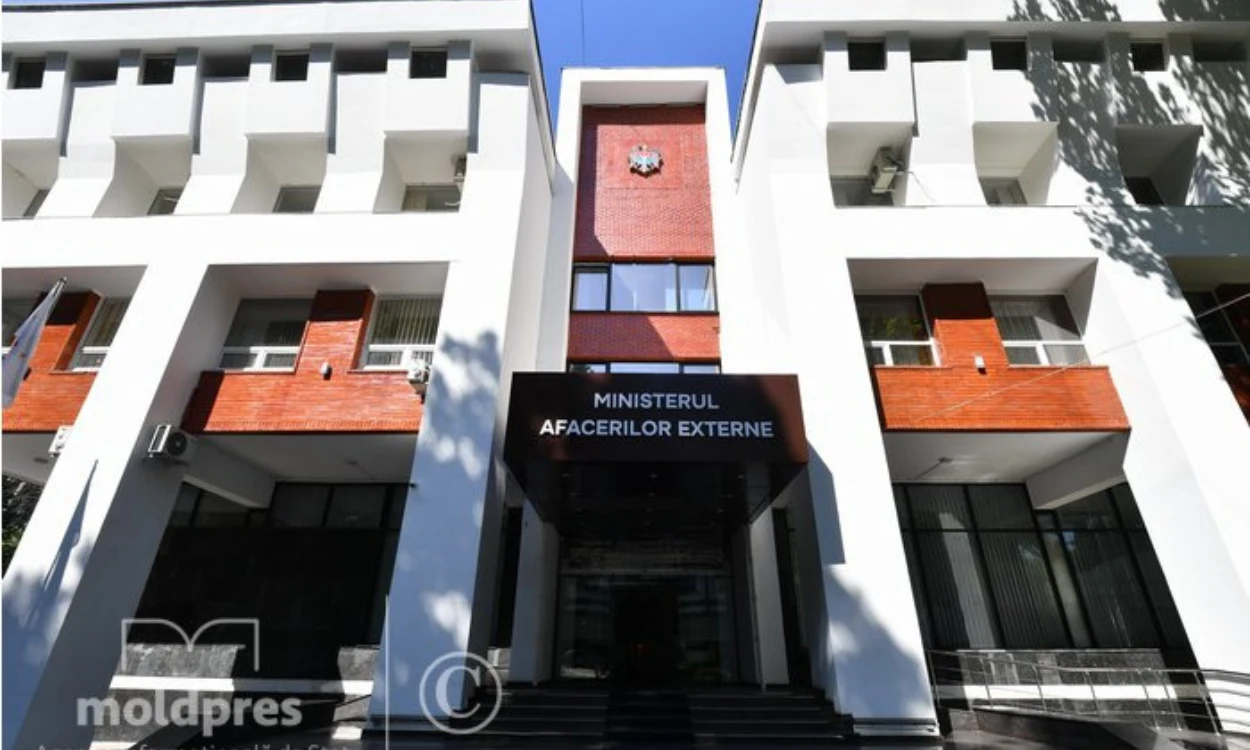Belgium, (Brussels Morning Newspaper) Climate change, pandemics, rising living costs, and Russia’s invasion of Ukraine are among the most important challenges facing the world today, according to a wide-ranging citizen survey covering 22 countries around the world.
The results come with world leaders gathered in New York for a key United Nations meeting.
The polling revealed a high level of agreement regarding the most significant challenges facing the world today—and a common desire for bold global action in response.
The findings also highlight a lack of confidence in the international community’s ability to work together to address global threats. Pessimism about the direction of the world is most pronounced in Western Europe and the United States.
The survey, carried out in July by Datapraxis, YouGov, and local providers in Moldova and Ukraine for the Open Society Foundations, covered more than 21,000 people around the world—with more than two-thirds of its respondents living in Africa, Latin and North America, the Middle East, and Asia—making it one of the most ambitious surveys of its kind since Russia launched its “military action” in Ukraine six months ago.
Countries surveyed included Brazil, Colombia, Egypt, France, Germany, India, Indonesia, Japan, Kenya, Mexico, Moldova, Nigeria, Poland, Saudi Arabia, Senegal, Serbia, Singapore, South Africa, Turkey, Great Britain, the United States, and Ukraine.
Participants were asked a series of questions that ranged from attitudes towards the war in Ukraine; the fallout from the COVID-19 pandemic; the need for international climate action; and the current cost-of-living crisis.
The findings include:
- Respondents in the Global North and Global South have differing perspectives on the causes of the invasion of Ukraine. Almost half (49%) of respondents in South Africa, 54% in Nigeria, and 56% in India agree that Russia was “justified in wanting to have greater influence over its neighbor Ukraine,” compared to 78% in the UK who disagree, along with 53% in Germany and 58% in the US and France;
- Climate change is the issue most often ranked as the most important challenge facing the world, with 86% agreeing that it is already affecting people’s lives through heatwaves, droughts, floods, and other extreme weather. It is ranked as a top 3 issue facing the world in every country except Egypt—the host of this year’s COP 27 UN climate conference—and Saudi Arabia. In some European countries, climate change far outstrips the economy as an issue of concern—including Britain (where more than 50% of respondents cite it as a top three issue, whereas only 13% cited the economy), France (50% climate change versus 12% economy), Germany (44% climate change versus 11% economy) and Serbia (37% climate change versus 4% economy)—results that were perhaps influenced by the impact of the heatwave that struck the continent in July;
- There are high levels of anxiety about potential food shortages in low- and middle-income countries. In the three Latin American countries, surveyed, (Brazil (69%), Colombia (90%), and Mexico (83%)), 80% of respondents agree that they “often worry about whether my family will go hungry,” compared to 77% in the four sub-Saharan countries surveyed. (Kenya, Nigeria, Senegal, and South Africa) and 56% in India. Even in the US (39%), UK (29%), and Western Europe (33%), significant minorities worry about their family going hungry “to some extent.”
- People are generally pessimistic about the state of their country. Only in Asia do more respondents think their country is heading more in the right direction than the wrong direction: (India 52%, Indonesia 51%, Singapore 51%, with the outlier of Japan at 14%.
Commenting on the findings, Mark Malloch-Brown, president of the Open Society Foundations, said: “In difficult times, we tend to focus on what divides us. But this poll shows a common sense of the nexus of crises engulfing the world; we are more united than we think.”
He added, “As world leaders gather this week once again at the opening of the UN General Assembly in New York, will they come together to respond in a concerted, ambitious way that meets this critical moment in human history?
“Citizens are way ahead of politicians in terms of accepting the scale of support needed, favoring longer-term solutions that address systemic inequality and injustice. Our leaders need to get with the program before it is too late.”





















Discussion about this post